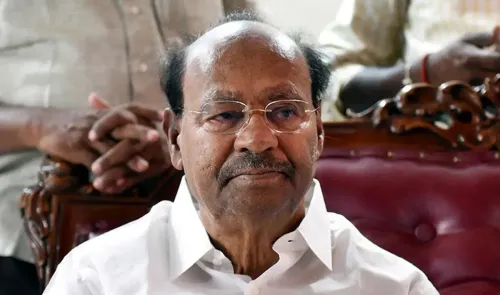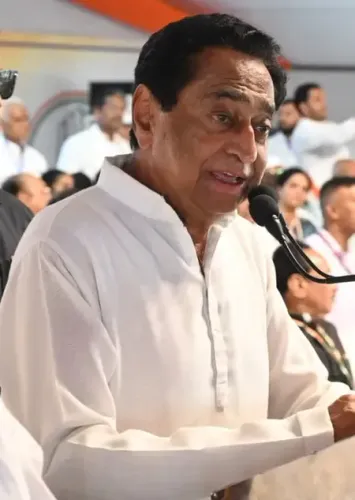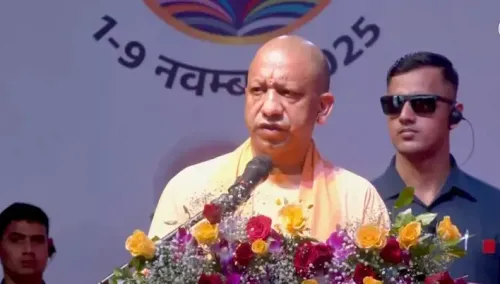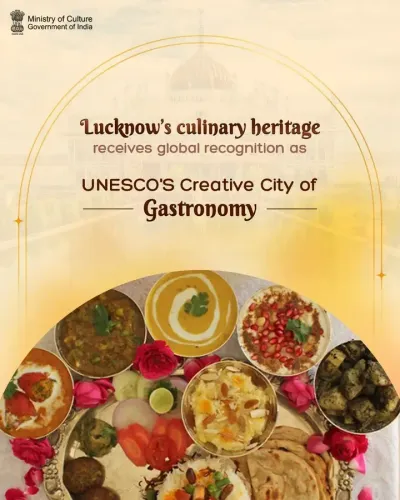Is it Wrong to Display QR Codes in Front of Eateries? S.T. Hasan Backs SC's Order for Kanwar Yatra
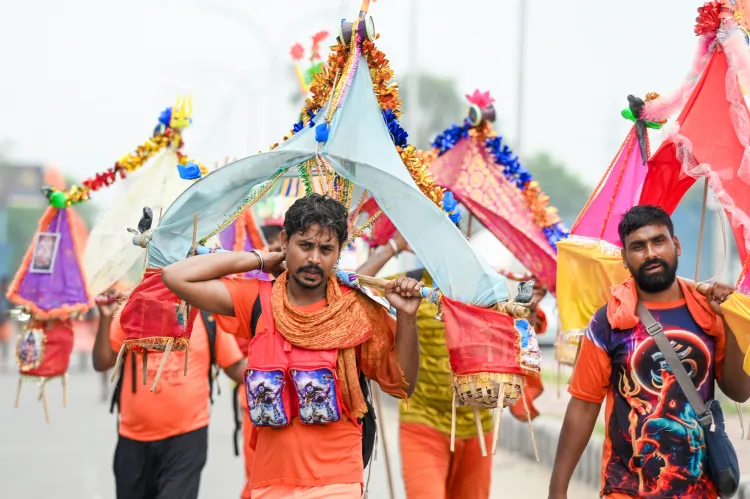
Synopsis
Key Takeaways
- Transparency in food sourcing is essential for consumer safety.
- The Supreme Court's ruling promotes accountability among businesses.
- S.T. Hasan advocates for honesty in business practices aligned with Islamic values.
- The QR codes aim to combat food adulteration during the Kanwar Yatra.
- Safeguarding pilgrims during religious events is a priority for state governments.
Lucknow, July 23 (NationPress) Former Samajwadi Party MP S.T. Hasan expressed his support on Wednesday for the Supreme Court's ruling requiring hotel owners along the Kanwar Yatra route to display their licenses and registration certificates, asserting that there is nothing wrong with such transparency.
The ruling, issued by the bench led by Justice M.M. Sundresh, mandates that all hotel owners adhere to the requirement of showcasing their licenses and registration details as stipulated by current laws.
The apex court further clarified that it did not assess the merits of the case, which claimed that the requirement to display QR codes infringes on privacy rights and could lead to discriminatory treatment.
In response, Hasan stated to IANS: "I have consistently maintained that conducting business under a veil of anonymity is unacceptable. Islam teaches against deception. Our belief holds that the Creator who made us is the same One who sustains us."
He emphasized that the directive is intended to inform consumers about the source of their food, and there should be no objections to this.
"The QR code merely indicates the origin of the goods. There is no issue with that. The current atmosphere in our state and country has escalated political hatred, which adversely impacts Muslims. Acts of vandalism occur, leading to problems, and the legal repercussions tend to target Muslims rather than the perpetrators of violence," he remarked.
Reiterating that Islam advocates for honesty and truthfulness, Hasan added: "We must now communicate and behave in a manner that reflects our truth; we must present ourselves with complete honesty. This is a fundamental teaching of our religion and faith."
As the sacred month of Shravan approaches, marking the start of the Kanwar Yatra, the state governments of Uttar Pradesh and Uttarakhand have issued a directive requiring the display of a QR code that enables pilgrims to verify the ownership details of shopkeepers, ensuring there is no adulteration in the food purchased by the Kanwariyas.

